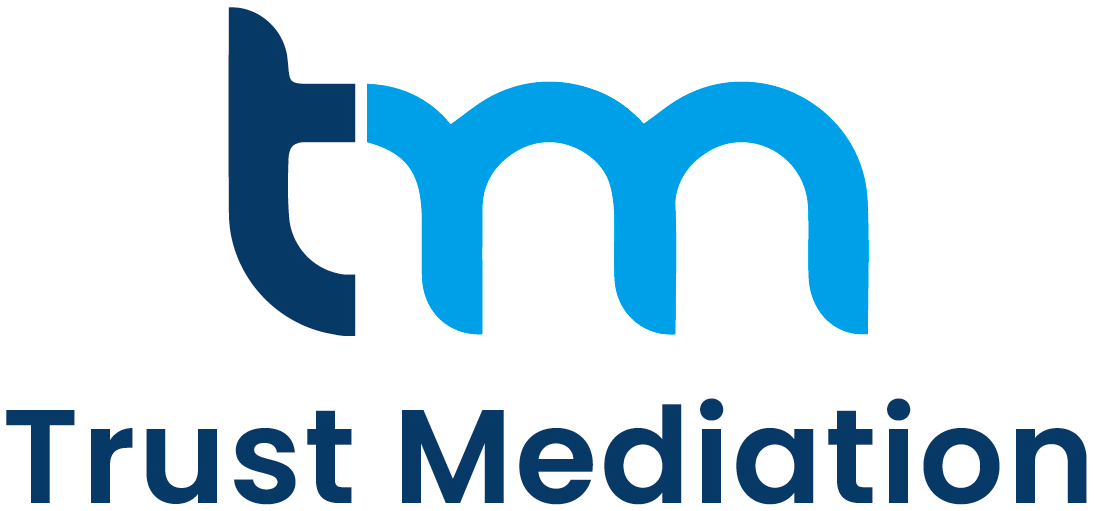Last month we welcomed Julienne Vernon, Head of Technical Claims at NHS Resolution as a guest speaker on our mediation webinar series. It proved to be our most popular webinar to date. Over 300 delegates signed up to learn more about the NHS Resolution Scheme and to hear from Trust Mediation’s mediators, Tim Wallis, Phil Hesketh and Paul Balen, on their experiences of it.
Trust Mediation are one of only two independent mediation firms approved by NHS Resolution to conduct clinical negligence mediations and have been part of the scheme since it launched in December 2016. At the end of 2022, Trust Mediation reached a new milestone by reaching 1000 clinical negligence mediations.
Julienne Vernon is also an accredited mediator who has been with NHS Resolution for over 20 years. She has been responsible for the mediation scheme since its inception and has been instrumental in its implementation. According to Julienne, the scheme was set up to align with the “policy and strategy” of NHS Resolution to achieve the “fair resolution of healthcare claims” and to “keep patients and healthcare staff out of court which is both stressful and costly”. With around 77% of their cases settling before proceedings, and just 0.5% going to trial, mediation is seen as an effective dispute resolution tool for healthcare disputes.
There was resounding agreement by the panel that mediation is a powerful setting for both claimants and defendants alike. It is an opportunity for claimants to raise concerns in a way that round-table meetings don’t allow for. It enables families to speak directly to the clinicians and Trust managers involved, and for time to be given to listening, as well as an opportunity to give assurances of lessons learnt. From the experiences of both Trust Mediation mediators and Julienne, it was observed that cases are more likely to be resolved when they are attended by the healthcare professional(s) concerned, something that in these days of online mediation is more easily achieved.
It also seems that the familiarity that everyone now has with online meetings has significantly contributed to the continued numbers of cases going to mediation. Rather than bringing about a dilution in the impact of a mediation which you might expect from moving it to an online process, it has in fact become less daunting with claimants, their families and busy clinicians, who are all able to participate from the comfort of familiar surroundings without having to spend entire days away from their practice. Participants can “pop the kettle on” and feel more at ease participating, resulting in “less intimidation, less travelling and less waiting round”.
Historically mediation was used to ‘crack the nut’ but this is no longer the case and mediations are now seen as ‘business as usual’.
Tim Wallis revealed that analysis of mediation trends at Trust Mediation over the years has seen an impressive 80% settlement rate go largely unchanged. What has changed though, is the timing. It used to be the case that parties turned to mediation very close to trial dates, but now they are taking place much earlier in the lifecycle of a case, with 50% of mediations now being conducted pre proceedings.
This confidence in taking cases to mediation earlier in the process has been largely fuelled by repeat claimant players who have become skilled at identifying cases and who are familiar with the mediation process. This is undoubtedly the direction of travel for mediations, particularly as the CJC ramps up its messaging of parties embracing ‘resolution’ rather than an ‘adversarial’ approach to clinical negligence claims.
Mediation: not the preserve of lower value cases
Whilst the NHS Resolution pilot scheme for mediation were initially focused on low value cases, this is not the case now. In 2022, Trust Mediation found that 38% of cases mediated had a value in excess of £750k. Meditation isn’t just concerned with mediating cases in their entirety. Mediating over liability issues only is not uncommon, and Trust Mediation mediators have also been approached to resolve causation only. Interestingly, where mediations are embarked upon on this basis, it is often the case that the parties end up resolving the case in its entirety, as Paul Balen puts it, “talking, reality testing, and discussion can produce results that weren’t anticipated”.
Mediation is bespoke resolution, and whilst reaching agreement on legal costs as well as quantum isn’t yet the norm, there is nothing to stop parties from agreeing costs at the mediation. Provided claimants supply a detailed breakdown of costs in advance of the mediation, matters can be resolved in their entirety to bring total finality for claimants.
The practicalities of taking a case to mediation
First and foremost, it’s a case of ‘know your case and know your client’. Mediation puts claimants at centre of the resolution process, so if it’s important for your client to receive a personal apology, or be heard on issues such as ‘lessons learned’ and the impact the injury has had on them, then the extra judicial remedies offered by the mediation process are significant.
Mediation operates on ‘customer choice’ and a voluntary process. Whilst mediators can get involved in explaining the process to either party, it is not their job to persuade a party to go to mediation. Trust Mediation will always arrange a pre-mediation call with each side, this is now recognised to be a key part of the mediation process. Once parties have committed to the mediation, if either party decide to cancel, the cancellation charges are tiered depending on the proximity to the date.
And finally….as put by Julienne, “mediation is not a mini trial”. If used to its full potential it can provide a much earlier and more satisfactory ending to the litigation process.



